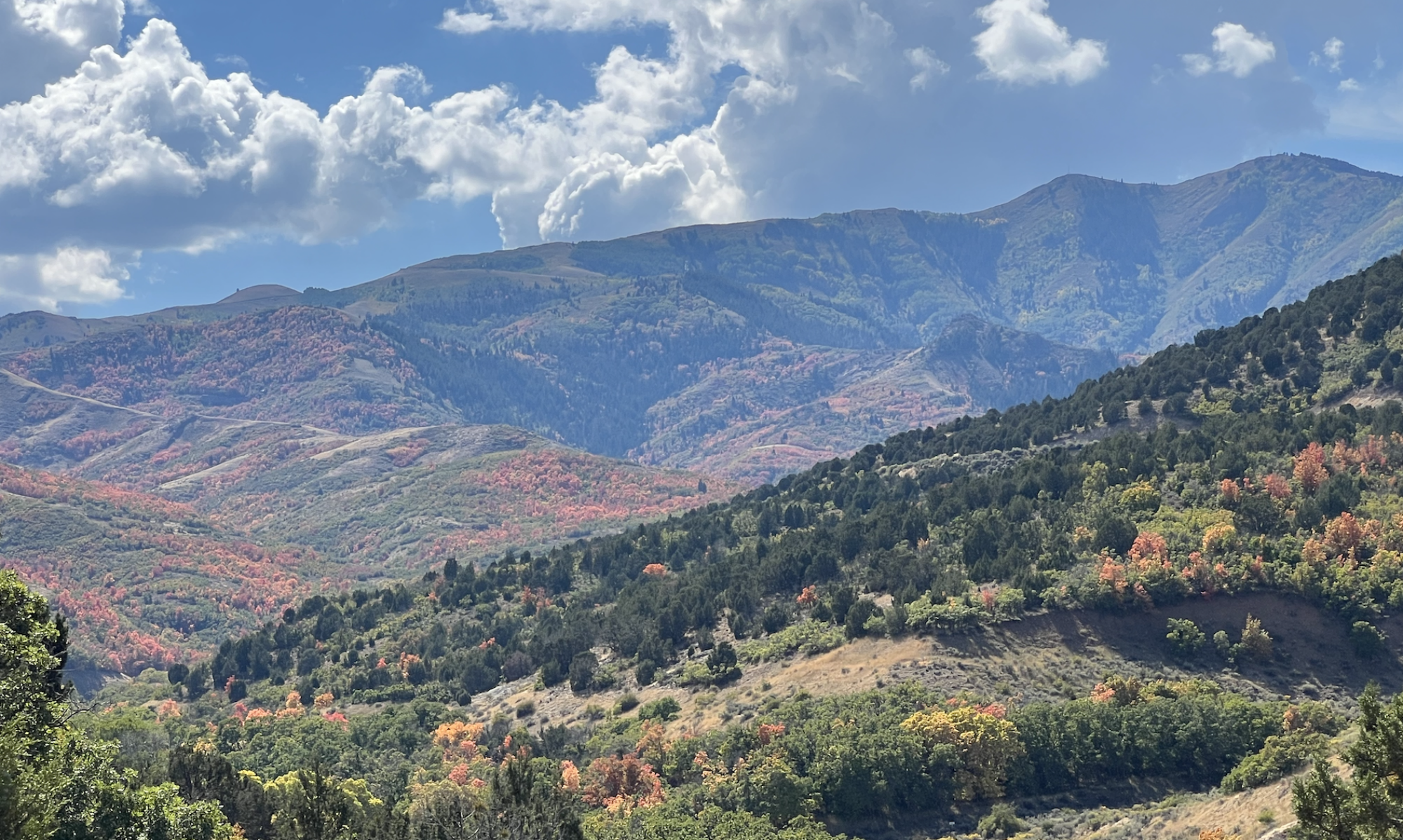Warning — it’s a bit of a rant.
The American presidential election process continues. It goes on. And on. And on. And on. It’s a two year process that started feeling like bad reality TV quite a long time ago. Drama. Name-calling. Hyperbole. Grandstanding. Partial truths masqueraded as whole truths. Spin. Spin. Attack. Argh! There is little that is attractively compelling to me. Participating feels more obligatory, like cleaning somebody elses’ mess in the kitchen. It’s needed. Just not much fun and a bit unfair. I still watch, trying to understand and make sense of it, including some of the Republican Convention last week, and likely some of the Democratic Convention this week. They both feel like a circus — they have my curiosity, but are really a bit creepy.
I have three things I’ve noticed about the process in the last months, one of them this weekend. In the recent months, it is that the behavior in the process feels very adolescent. Adolescence run amuck. This is very much the Donald Trump phenomenon. “I don’t like what you said about me — I’ll strip you of credibility.” It’s aggressive. It’s pouty. “I don’t like what I’m hearing — I’ll speak more loudly (yell) to drown out voices.” It just reminds me of a neighbor’s teenaged son from many years ago that was all bravado in appearance, but everyone knew that insecurity was what laid beneath that persona.
Let’s pretend this is true — adolescence run amuck — for a moment. The problem for me isn’t that one person is acting this way. That’s Donald. The Donald. So be it. The kicker for me is that people are buying it. To watch the frothiness, the doting by the masses for the adolescence that exists in both U.S. political parties — that says something scary about the system and culture of people that we are all living in (well beyond the presidential election process). Eldering please. Just a bit more, please. Grow it up a bit.
My second observation is, I suppose, a commentary from Democratic VP Elect, Tim Kaine. I saw a brief clip where he and Hillary Clinton were being interviewed. One of those Sunday morning news programs. I didn’t know much about Kaine and wanted to see how he carried himself. The interviewer asked Hillary Clinton how she felt about what she was being labeled by Donald Trump. “Crooked Hillary” was the reference. To be clear, I suspect the label fits in some ways. As it likely does for Trump. Or for anyone. There is more maturing to acknowledge, or search for the way in which any of us are crooked. OK, tone it down — not completely honest. The honesty of that is far more helpful than the jacked up reciprocated denial. Sheesh!
Clinton responded with something quite strategic — “I want to talk about the issues.” Good for her. It was political strategy. But it was Tim Kaine’s remark that made me laugh in it’s “get to the point” quality. He described how Hillary Clinton was doing a good job of letting that water / insults run off of her back. But then he added, “for most of us we stopped name calling in the fifth grade.” Good for Kaine. And maybe that is what good VPs, seconds, are supposed to do, so as to preserve dignity of the person who will hold the office of president. Name calling, though entertaining, I suppose (adolescent reality TV) isn’t truth-telling, even when it comes from a person running for the office of president. Makes me think this election will be remembered as the tabloid election — a peek at the absurd is sufficient, but I really came to the store for some milk and essential groceries.
OK, on to the third point, which is less of a rant. I’ve been thinking and writing a fair amount lately about emergence. For sake of today, to say that emergence is what arises when parts of a system interact. It is a quality that the system possesses, but not the parts (or far less of it in the parts). I wonder, does the system that is American Politics — or more broadly, American culture, or western culture — arise as a systemic property that has the parts acting in ways they wouldn’t otherwise? I suspect so. Donald Trump is more accusatory. Hillary Clinton is more boisterous. News reporters inflame difference and guffaw. Voters numb ourselves, watching more blathering — and expecting it — because it is more entertaining than last nights baseball game or ridiculous summer block-buster release that is really a crappy movie.
The system possesses the quality that none of the individuals are responsible for by themselves. I think this is true. It’s not completely clear to me how it is true in more subtle ways.
Maturing. I believe this is what is called for in all of us. As individuals. As nations. As a planetary community. Less jumping in to the fray, which perhaps I’ve done here today — more deliberate pause and stillness, which might just be the most helpful thing we can do. More real encounter with gardens and forests, lakes and oceans — less Pokemon Go glued to the virtual.
OK, rant complete. It doesn’t happen that often — and I wouldn’t want it to. But sometimes, it’s a must in the company of friends, no?



